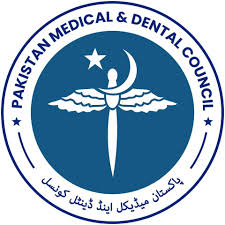Determinants of child health in a rural Karakoram village
DOI:
https://doi.org/10.37018/SKSB5522Keywords:
Child Health, Karakoram Mountains, Pakistan, Food InsecurityAbstract
Background: Mountain communities have unique issues, being generally geographically remote, and politically and socially neglected. The objective was to evaluate the health and healthcare access of children in Tissar, a mountain village in Gilgit-Baltistan.
Subjects and methods: This was a cross-sectional study conducted in August 2021, in Tissar, Gilgit-Baltistan (GB), in Northern Pakistan. Interviews were conducted of adults over the age of 18 years, who had at least one child of age12 years and below, using a convenience sampling method. Descriptive summary statistics were computed using statistical software R version 4.1.2. Poisson regression was used to find potential risk factors associated with diarrhea and pneumonia.
Results: Semi-structured interviews were conducted on 400 participants. Although 363 (90.8%) people grew their own food; 203 (50.7%) still needed to purchase food with only 213 (53.2%) receiving up to three meals a day. Access to healthcare was perceived as inadequate, with only 42 (10.5%) satisfied with the healthcare their children were receiving. Up to 268 (67%) needed to borrow money or could not afford healthcare. Annual occurrence of diarrhea and pneumonia was reported in 100% households, most reporting repeated episodes in one year per child. On Poisson Regression, number of meals per day was negatively associated with diarrhea (rate ratio=0.646, 95%CI=0.591-0.706, p<0.001), adjusted for weaning. Number of meals per day was also negatively associated with pneumonia (rate ratio 0.529, 95%CI=0.487-0.574, p<0.001), adjusting for education and number of children in the family (>6 versus <6).
Conclusion: Health of Children needs to be addressed in mountain communities in Pakistan.
Downloads
Published
How to Cite
Issue
Section
License
The Journal of Fatima Jinnah Medical University follows the Attribution Creative Commons-Non commercial (CC BY-NC) license which allows the users to copy and redistribute the material in any medium or format, remix, transform and build upon the material. The users must give credit to the source and indicate, provide a link to the license, and indicate if changes were made. However, the CC By-NC license restricts the use of material for commercial purposes. For further details about the license please check the Creative Commons website. The editorial board of JFJMU strives hard for the authenticity and accuracy of the material published in the journal. However, findings and statements are views of the authors and do not necessarily represent views of the Editorial Board.

















